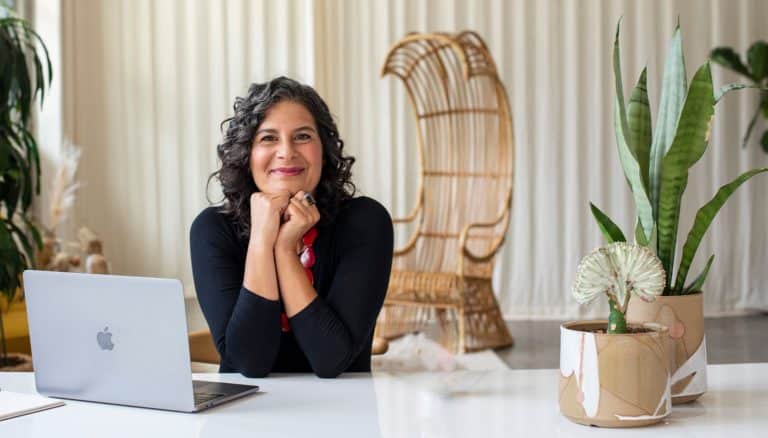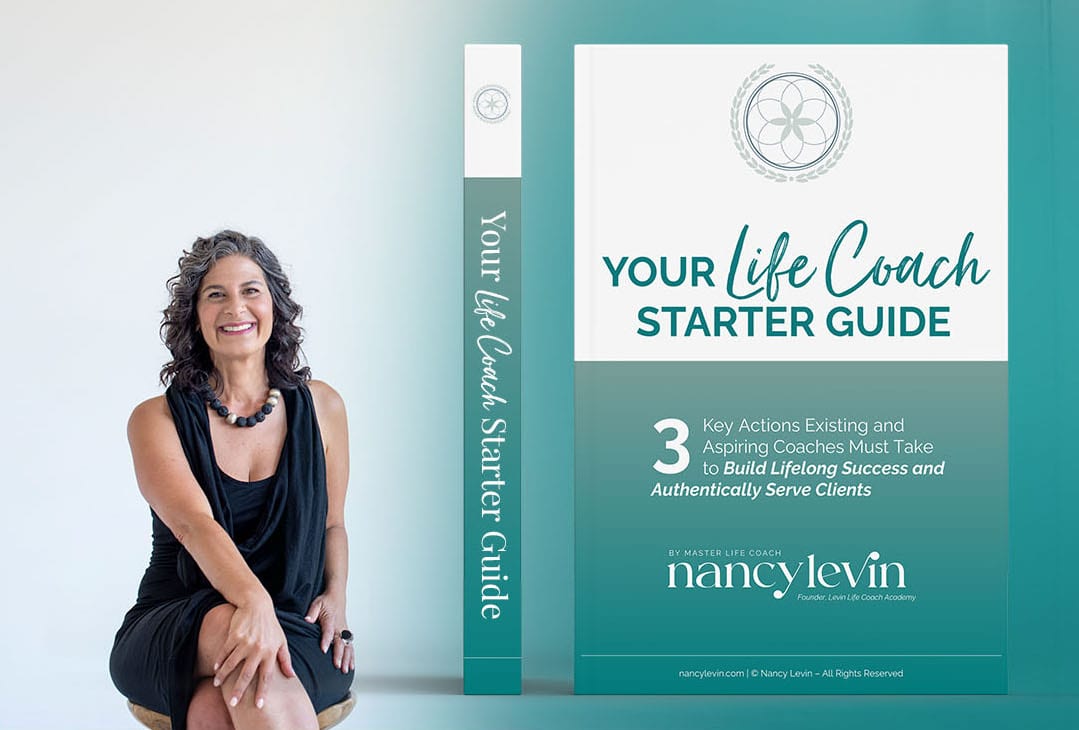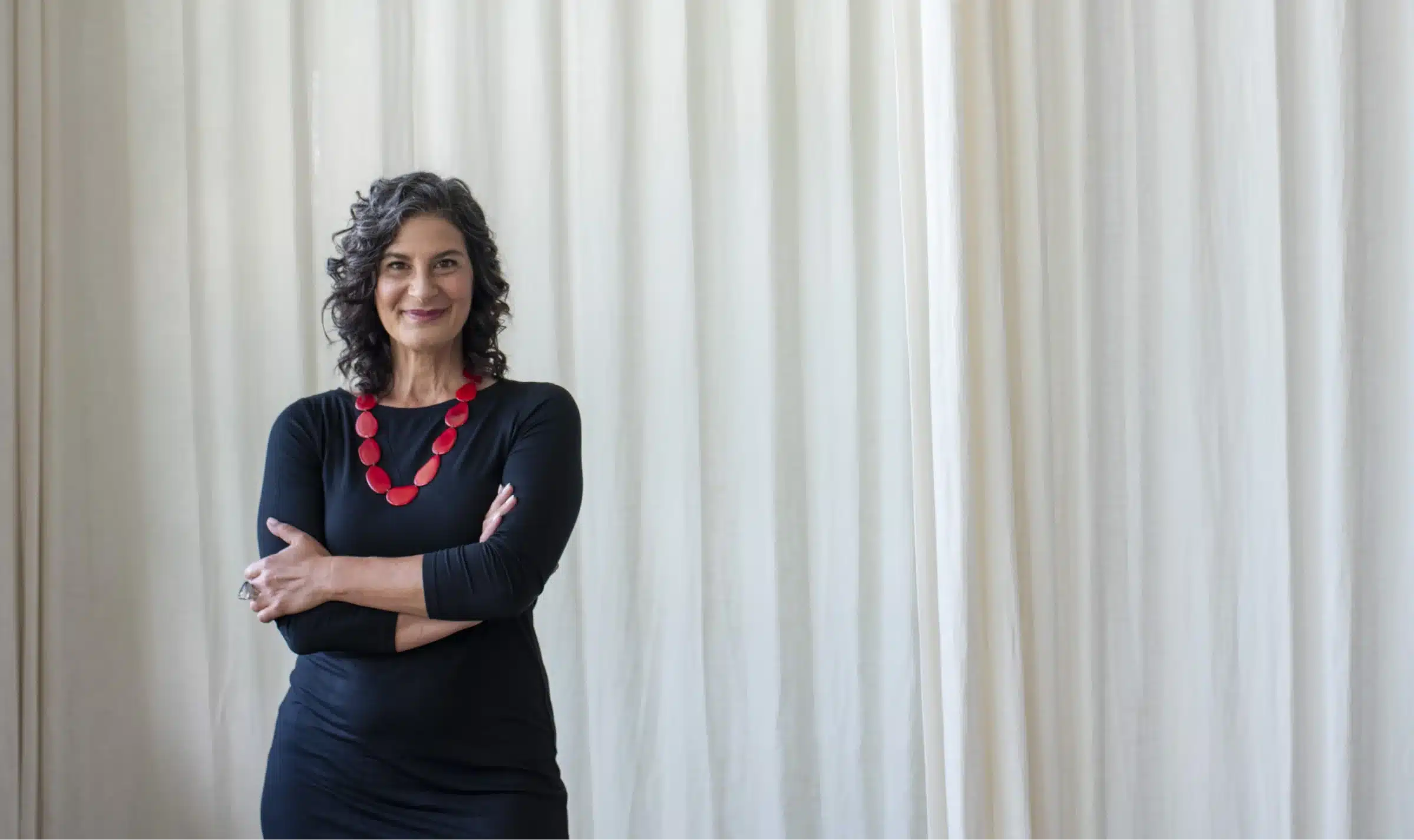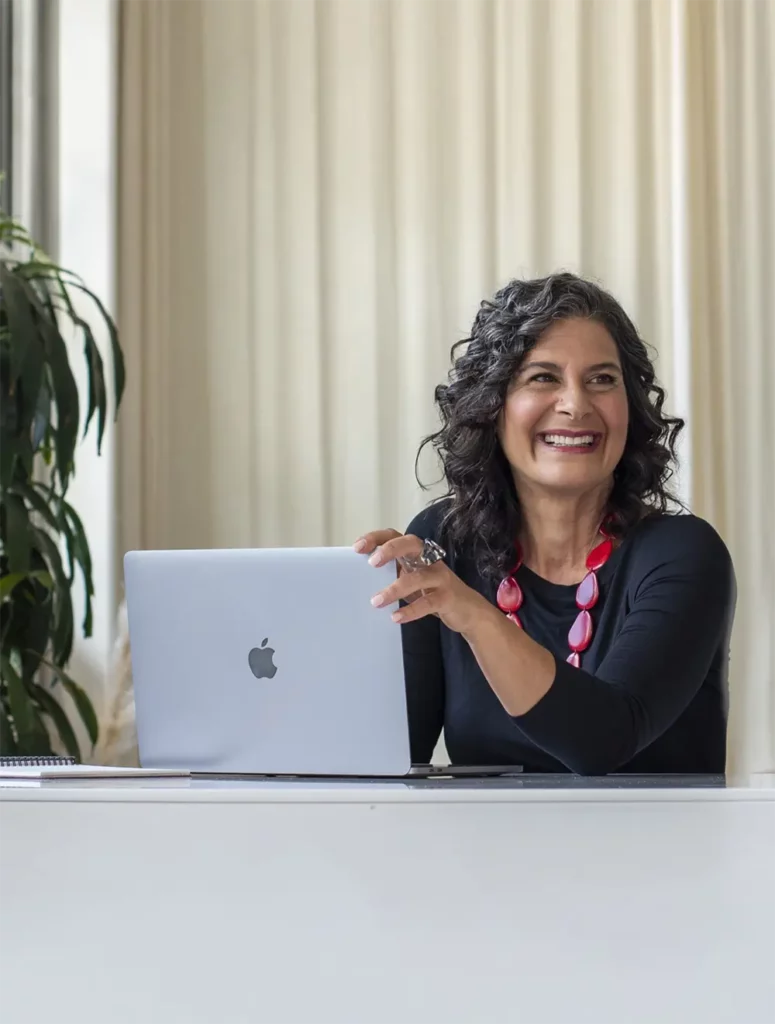
Most of us relate to selfishness and selflessness as mutually exclusive. But they aren’t. We live in a double bind, thinking “if I please myself, I disappoint you. If you please yourself, you disappoint me.” We believe that life is a zero sum game—that if I have something, someone else goes without. Or if someone else has it, that means I go without. This is either/or thinking.
But life isn’t a zero sum game, and it isn’t either/or. It’s both/and. Self-care and self-love (healthy selfishness) don’t have to come at the expense of other people.
The new relationship blueprint says that I can please myself, and that might disappoint you. But that’s OK. You can please yourself, and it might disappoint me. But that’s OK, too. Disappointment isn’t fatal to the relationship unless we hold to the old blueprint belief that we’re responsible for filling each other’s needs. The truth is that the relationship is much more at risk when we deny ourselves, putting our own choices and needs on the back burner out of fear of losing each other or being labeled “selfish.”
In the old relationship blueprint, we feel we have to maintain harmony and reach resolution at any cost. But connection is more important than resolution or even harmony. When we maintain harmony at any cost, we walk around pretending to be happy and satisfied when we’re not. Our true self shuts down. Then, it’s easy to point the finger at the other person as the “cause of the problems” in the relationship. Often, we feel anger toward our partner without knowing why. But when we deny ourselves repeatedly—maybe even for years—we’re bound to feel angry.
So many of us have rejected selfishness to such a degree that we end up projecting it out onto others. It becomes one of our shadows. We find ourselves surrounded by people who exhibit what appears to us as selfish behavior, and we judge and blame them. But when we’re pointing fingers at other people, we need to look at ourselves. Because the qualities we find problematic in others are the very qualities we’re failing to acknowledge inside of us. If we fail to integrate healthy selfishness within ourselves, we’ll be offended by any whiff of self-care in others.
Redefining and embracing selfishness means we’re willing to believe we’re just as worthy of receiving as our partner. It means we give to ourselves as much as (or more than) we give to others. It calls upon us to become comfortable with (1) identifying our own needs, (2) naming them to our partner, and (3) taking responsibility for seeing that they’re met. It asks us to make our own self-nourishment a sacred necessity.
We can trust that both/and is possible. We can trust that our intimate relationships are capable of holding the truth of who we each are, as well as the differences between us. Then, we can say, “Here’s what I’m doing for myself in order to be me.” Not asking for permission, but informing the other person gently and simply. We can be available to listen to and acknowledge their feelings about our decision, but the fact that they’re having feelings doesn’t require us to change our minds.
Remember: In order to be true to ourselves and show up in our relationships authentically, the boat might have to be rocked!
If you’re ready to rock the damn boat by making choices and taking actions to STOP self-sabotaging and START making yourself a priority, be the first to know when The New Relationship Blueprint opens for enrollment, join the waitlist NOW!
Are you with me? Let me know in the comments below!








